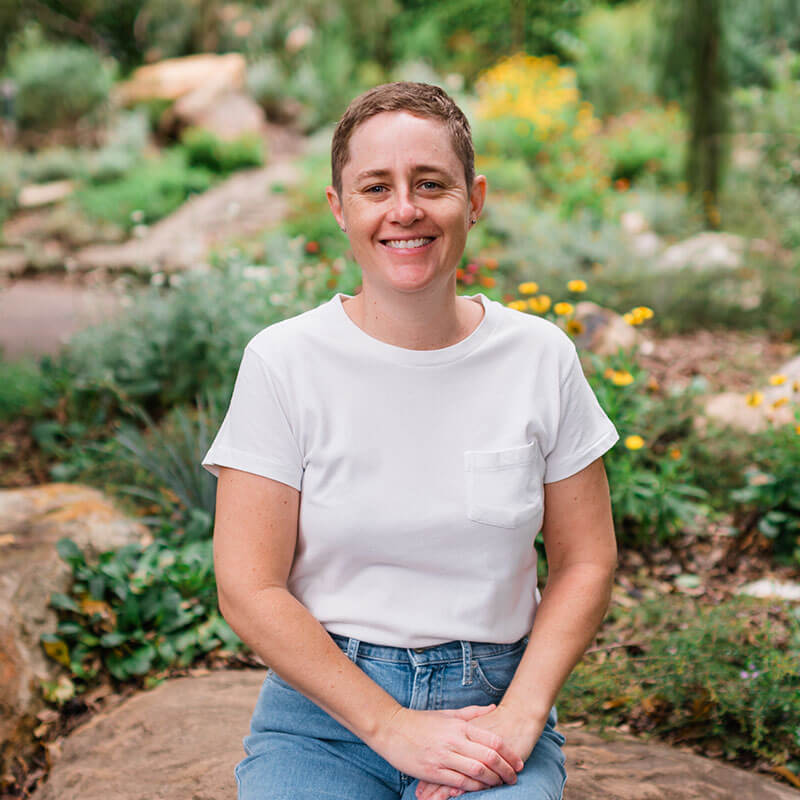You may be the friend or relative of someone who has recently disclosed infidelity or betrayal in their relationship, or you may be one of the partners in the relationship where this has happened, having either discovered or disclosed the betrayal. Either way, you are probably asking yourself ‘how did this happen?’ and then ‘how will we come back from this?’ and ‘is it even possible?’.
First, what is an ‘affair’?
From a clinical perspective it is any emotional or physical connection with someone outside of the relationship that is (a) secret/clandestine and (b) perceived as a threat to the relationship by the other partner. So, if nothing physical happened and the other partner still feels devastated and betrayed upon finding out about the connection because it wasn’t fully disclosed, this still constitutes an affair and requires the same appropriate treatment to repair and rebuild the relationship.
The cascade to an affair or any kind of betrayal is slow, and unfortunately, neither partner usually sees it coming. It tends to begin with turning away from bids for connection. Bids for connection are a process that happens between partners of a couple to maintain a feeling of emotional intimacy. Bids for connection can take many forms, they can be big or little, direct or indirect. They may be as simple as would you like a cup of tea or how was your day, or more significant like let’s plan a holiday or start a family together. Either way, bids for connection are an invitation to and expression of need to emotionally connect.
Happy couples tend to turn towards (reciprocate bids for connection) more frequently than unhappy couples (86% vs 33%). There can be many reasons why one or both partners may start turning towards less often such as being extremely stressed at work or feeling overwhelmed with responsibilities of young children. Unfortunately, when partners begin turning away from bids for connection more often this leads to feelings of loneliness within the relationship. The person making the bids may see their partner as less accessible and start making less bids overall.
The emotional drift apart begins, and this starts to influence the perspective of the relationship. The change in perspective from positive to negative sentiment may be gradual until eventually one or both partners start to feel that their needs aren’t being met in the relationship, that perhaps their partner doesn’t really care after all. This belief contributes to a cycle of conflict avoidance (link to blog: the core of intimacy), which prevents a partner from expressing and having their needs met. Feelings of loneliness and resentment worsen and alternative ways of having one’s need for emotional connection met seems like a possible alternative. Eventually, an opportunity becomes present, and not necessarily through being intentionally sought. Within the cycle of avoidance that has already been established, the secret is kept. It is important to remember that the need for emotional connection is deeply and fundamentally human. Affairs are are the product of deep loneliness and difficulty in expressing one’s needs. Often, the person who has the affair is shocked by their own behaviour and decision.
If you are feeling deeply lonely in your relationship or noticing any element of this cycle, tell your partner. If you’re unsure how, try checking out the blog on the Four Horsemen for help on a good way to do this.
Once an affair or betrayal has been discovered or disclosed, the depth of hurt can be extraordinary. It is natural to feel like your entire world has been turned upside-down. Trust in the relationship is shattered. The process of restoring trust following betrayal is quite specific. If you’re looking for a deeper understanding of how to recover, you might find Dr John Gottman’s book ‘What Makes Love Last?’ helpful.
If you’re finding yourselves completely devastated and unsure of where to even begin or you have tried getting things back on track to no avail, contact Bonnie Ingram Psychology to make an appointment. In the case of multiple affairs, structured couples therapy may be necessary for recovery.
Sources: Dr. John Gottman; Dr. Caryl Rusbult; Dr. Shirley Glass




